
7 Signs You Have Abandonment Issues
Hey Psych2go family, welcome back to another video. Do you have an overwhelming fear of losing your loved ones? Do you distrust other people or have anxiety about being abandoned? Abandonment issues typically arise in childhood but can develop later on in life as well. The fear of abandonment is a serious type of anxiety that often stems from a traumatic experience. Some aren’t even aware of their expressed emotional trauma. But it can manifest into unhealthy behaviors over time. So, here are 7 Signs You may Have Abandonment Issues. One: you’re a people pleaser. Do you want to impress everyone you meet? Whether it’s your friends, acquaintances, or family members, you try to meet their expectations to get on their good side. You’re the one who tries harder in your relationship, and you’re willing to put everyone else’s needs ahead of yours, as long as it gets them to stay. If you have a strong need to please people and gain their approval, you may still have some unresolved abandonment issues.Two: you struggle with insecurity. Do you sometimes think that someday, the people closest to you will get sick of you and leave? People who are afraid of being abandoned often struggle with feelings of insecurity and inadequacy because someone you love has walked out on you in the past. You’ve internalized the emotional trauma. You may have wrongly believed that it was YOUR fault that they left. This can result in low self-esteem and a need for constant rereassuranceThree: you find it hard to trust people Do you find it hard to trust others to keep their promises or to be there for you? Do you want to be in control of your relationships and know everything that’s going on with your loved ones? Because you’ve been hurt in the past, you have a strong fear of being left alone.In certain cases, it can lead to feelings of unreasonable jealousy, suspicion, and possessiveness over your friends and romantic partners. Four: you’re afraid to be vulnerable Do you feel uncomfortable during moments of emotional intimacy and honesty? Are you scared of getting close to someone or needing them too much? Your deep-seated fear of abandonment may manifest into a fear of intimacy and emotional vulnerability. You may unconsciously sabotage your relationships by pushing people away just as you start to care for them. You may struggle with commitment, and act detached and indifferent when you do care.Five: you look for reasons to leave. Do you always look for reasons to leave in fear of getting too attached to someone? You hold your loved ones to unrealistically high standards and you only focus on their flaws. You don’t give them any room for mistakes. You do this knowing that they’re bound to disappoint you. And when they fail to meet your expectations, you use it as an excuse to give up and leave. Six: you move on too quickly Do you have difficulty forming meaningful relationships that last because of a deep-seated fear of abandonment? When you cycle through relationships one after another and move on too quickly, you’re not allowing yourself the time and space to deal with the emotional fallout.Instead, you dive into something new and exciting to distract yourself. You never want to be alone, because it would force you to confront the personal issues you’ve been repressing for so long. And number 7… you cling to unhealthy relationships Do you find yourself gravitating towards all the wrong people? Have you stayed with someone knowing they’re bad for you? The trauma of being abandoned, especially at a young age, can stay with you for a long time. And since we’re all hard-wired to recreate our early childhood experiences for comfort and familiarity, your childhood taught you the wrong things about love. It’s not uncommon for you to be drawn to people who treat you poorly. Do you relate to any of the signs mentioned here? I know I did… Is a fear of abandonment harming your relationships and keeping you from being happy? Let us know in the comments below. If you found this video helpful, be sure to like and share this video with those who might benefit from it! Don’t forget to subscribe to Psych2go for more videos! Thanks for watching, and we’ll see you in the next one! Do you have an overwhelming fear of losing your loved ones? Do struggle with trust issues or have anxiety about being abandoned? Abandonment issues typically arise in childhood but can develop later on in life as well. The fear of abandonment is a serious type of anxiety that often stems from a traumatic experience. Some aren’t even aware of their repressed emotional trauma, but it can manifest into unhealthy behaviors over time. Here are 7 signs that you may have abandonment issues. If you want to learn more about how your childhood trauma may cause you to have abandonment issues, be sure to check out our video “7 Ways Childhood Trauma Follow You Into Adulthood”:  • 7 Ways Childhood Trauma Follow You In… #abandonment #issues #psych2go ᵛᶦᵈᵗᵒᵒⁿ™ ².¹ ᴏɴᴇ ᴛɪᴍᴇ ᴏꜰꜰᴇʀ – ᴛʜᴇ 2ᴅ ᴀᴍɪɴᴀᴛɪᴏɴ ᴠɪᴅᴇᴏ ᴍᴀᴋᴇʀ After The Massive Success Of VidToon™ 1.0
And More Than 10ᴋ Happy Customers…WE ARE BACK ON Popular Demand! Redefine Profitability With The World’s Easiest & Most Popular Video Animation Software It’s ʙɪɢɢᴇʀ. ʙᴇᴛᴛᴇʀ. ᴀɴᴅ ꜰᴀꜱᴛᴇʀ.
• 7 Ways Childhood Trauma Follow You In… #abandonment #issues #psych2go ᵛᶦᵈᵗᵒᵒⁿ™ ².¹ ᴏɴᴇ ᴛɪᴍᴇ ᴏꜰꜰᴇʀ – ᴛʜᴇ 2ᴅ ᴀᴍɪɴᴀᴛɪᴏɴ ᴠɪᴅᴇᴏ ᴍᴀᴋᴇʀ After The Massive Success Of VidToon™ 1.0
And More Than 10ᴋ Happy Customers…WE ARE BACK ON Popular Demand! Redefine Profitability With The World’s Easiest & Most Popular Video Animation Software It’s ʙɪɢɢᴇʀ. ʙᴇᴛᴛᴇʀ. ᴀɴᴅ ꜰᴀꜱᴛᴇʀ.

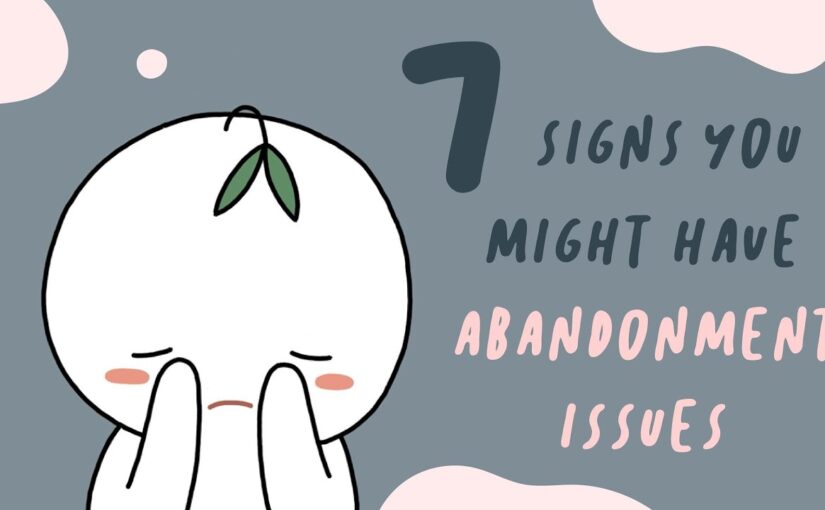
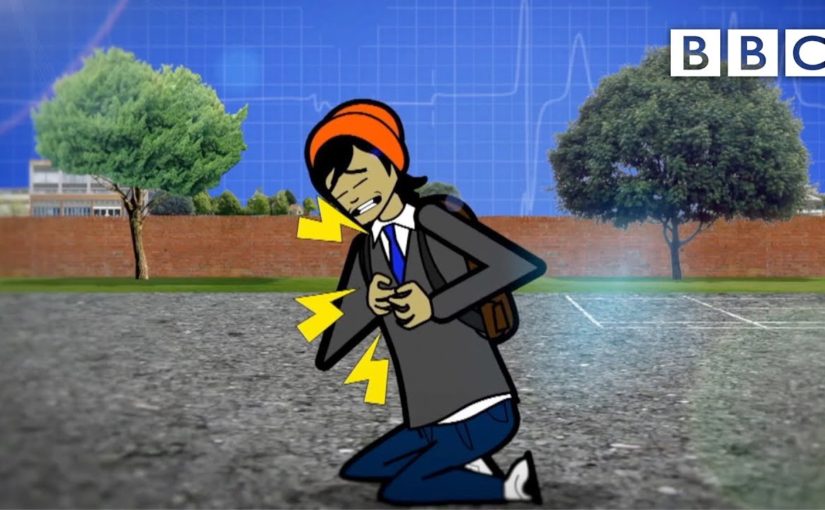
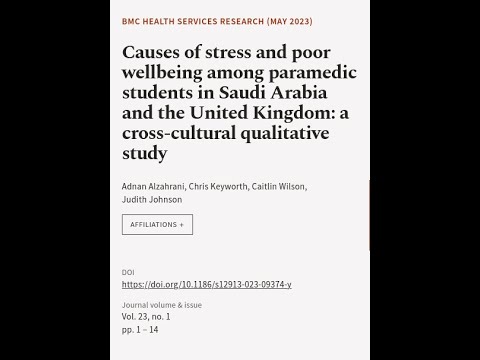
 This article was authored by Adnan Alzahrani Chris Keyworth, Caitlin, Wilson, and others.
This article was authored by Adnan Alzahrani Chris Keyworth, Caitlin, Wilson, and others.
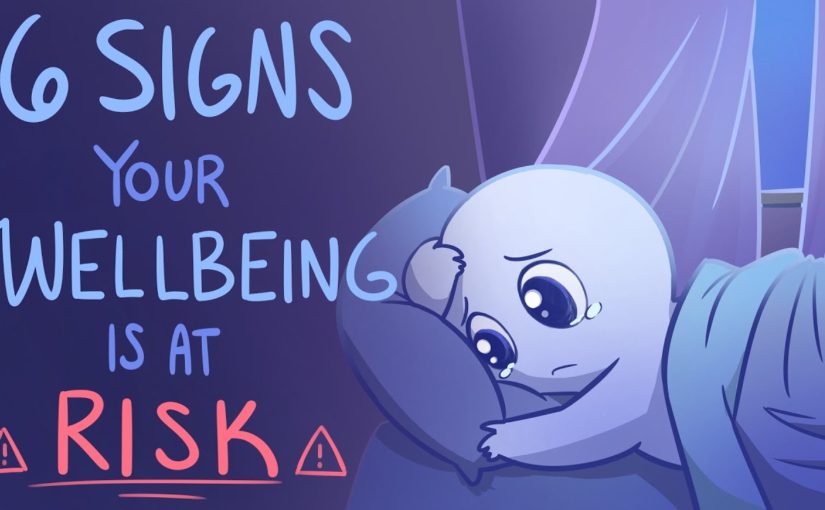


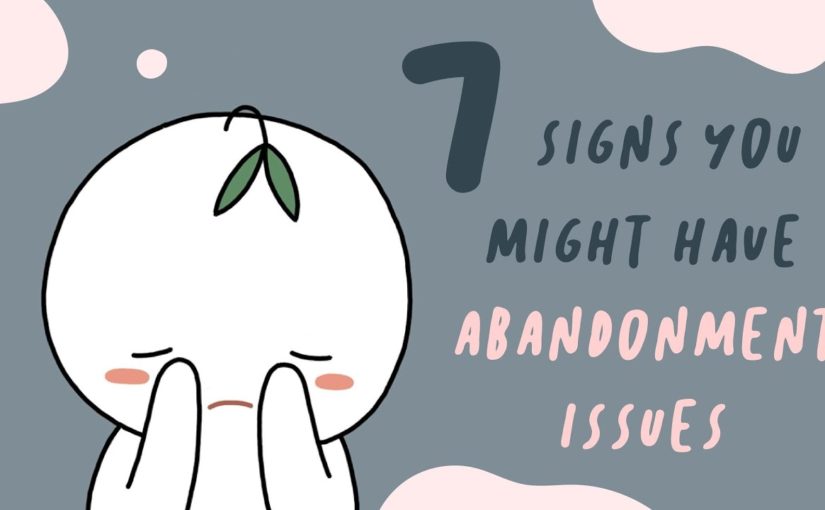
 Five: you look for reasons to leave. Do you always look for reasons to leave in fear of getting too attached to someone? You hold your loved ones to unrealistically high standards and you only focus on their flaws. You don’t give them any room for mistakes. You do this knowing that they’re bound to disappoint you. And when they fail to meet your expectations, you use it as an excuse to give up and leave. Six: you move on too quickly Do you have difficulty forming meaningful relationships that last because of a deep-seated fear of abandonment? When you cycle through relationships one after another and move on too quickly, you’re not allowing yourself the time and space to deal with the emotional fallout. Instead, you dive into something new and exciting to distract yourself. You never want to be alone, because it would force you to confront the personal issues you’ve been repressing for so long. And number 7… you cling to unhealthy relationships Do you find yourself gravitating towards all the wrong people? Have you stayed with someone knowing they’re bad for you? The trauma of being abandoned, especially at a young age, can stay with you for a long time. And since we’re all hard-wired to recreate our early childhood experiences for comfort and familiarity, your childhood taught you the wrong things about love. It’s not uncommon for you to be drawn to people who treat you poorly. Do you relate to any of the signs mentioned here? I know I did… Is a fear of abandonment harming your relationships and keeping you from being happy? Let us know in the comments below. If you found this video helpful, be sure to like and share this video with those who might benefit from it! Don’t forget to subscribe to Psych2go for more videos! Thanks for watching, and we’ll see you in the next one!
Five: you look for reasons to leave. Do you always look for reasons to leave in fear of getting too attached to someone? You hold your loved ones to unrealistically high standards and you only focus on their flaws. You don’t give them any room for mistakes. You do this knowing that they’re bound to disappoint you. And when they fail to meet your expectations, you use it as an excuse to give up and leave. Six: you move on too quickly Do you have difficulty forming meaningful relationships that last because of a deep-seated fear of abandonment? When you cycle through relationships one after another and move on too quickly, you’re not allowing yourself the time and space to deal with the emotional fallout. Instead, you dive into something new and exciting to distract yourself. You never want to be alone, because it would force you to confront the personal issues you’ve been repressing for so long. And number 7… you cling to unhealthy relationships Do you find yourself gravitating towards all the wrong people? Have you stayed with someone knowing they’re bad for you? The trauma of being abandoned, especially at a young age, can stay with you for a long time. And since we’re all hard-wired to recreate our early childhood experiences for comfort and familiarity, your childhood taught you the wrong things about love. It’s not uncommon for you to be drawn to people who treat you poorly. Do you relate to any of the signs mentioned here? I know I did… Is a fear of abandonment harming your relationships and keeping you from being happy? Let us know in the comments below. If you found this video helpful, be sure to like and share this video with those who might benefit from it! Don’t forget to subscribe to Psych2go for more videos! Thanks for watching, and we’ll see you in the next one!